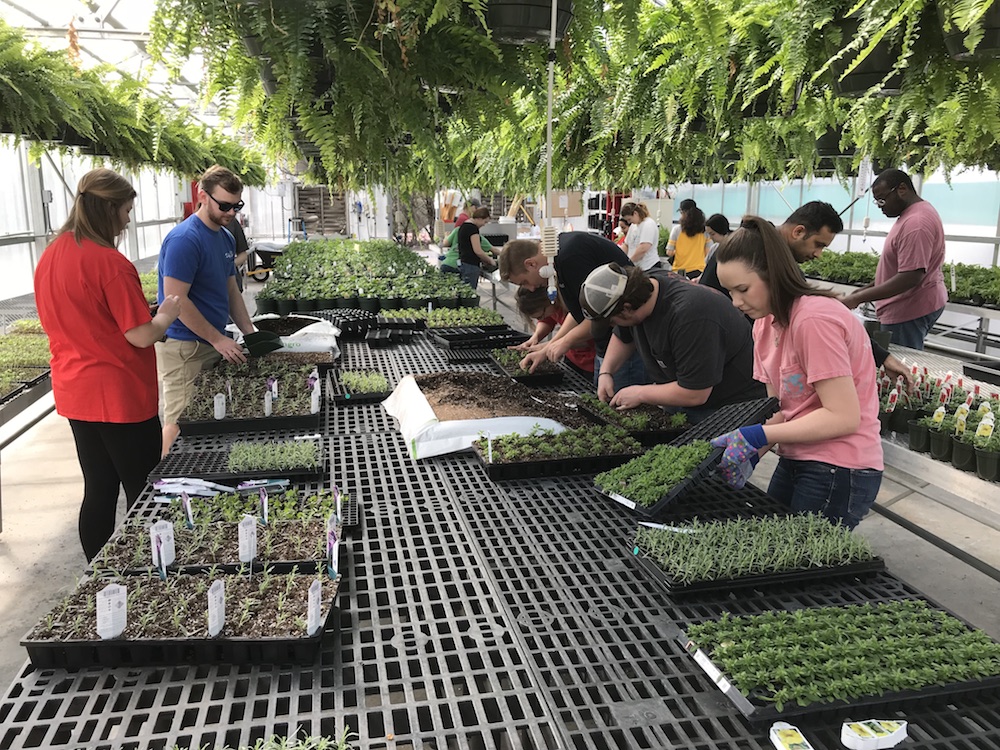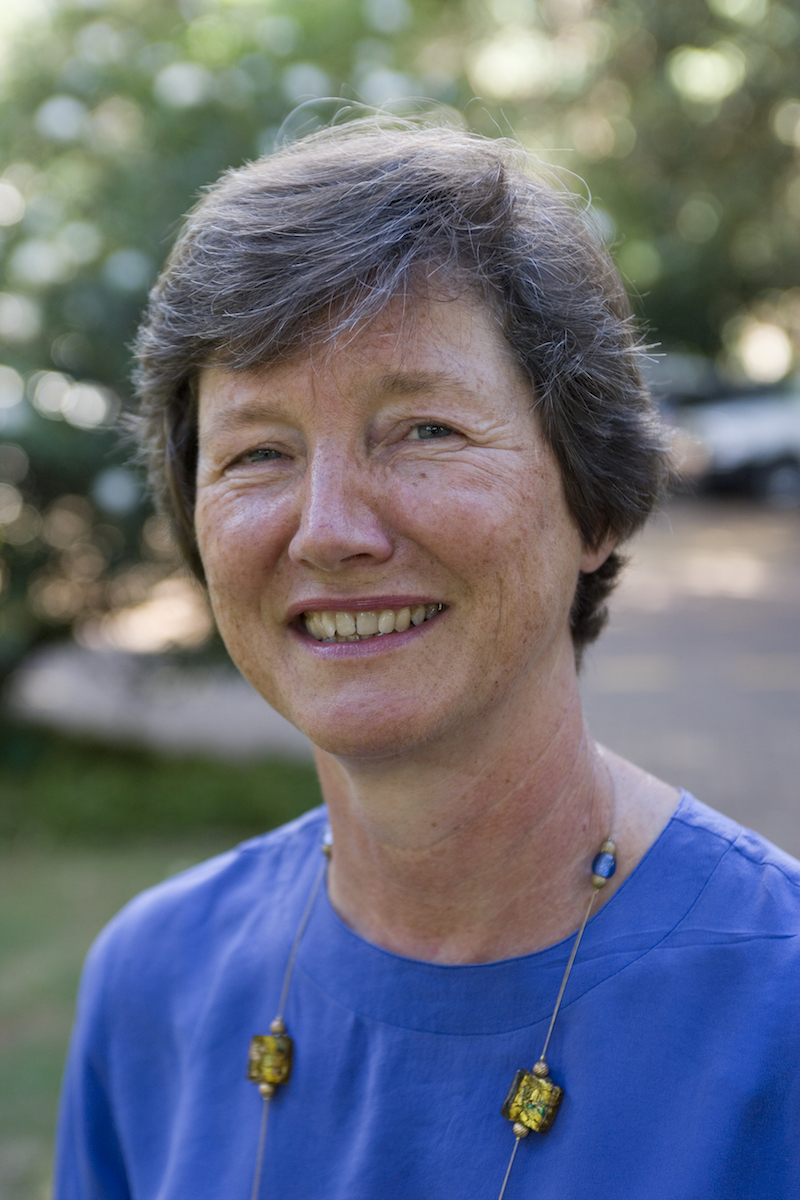 CAES News
CAES News
Plant Sale
The UGA Horticulture Club Spring Plant Sale will be held the first two weekends in April to help raise money for horticulture club scholarships and educational activities.






